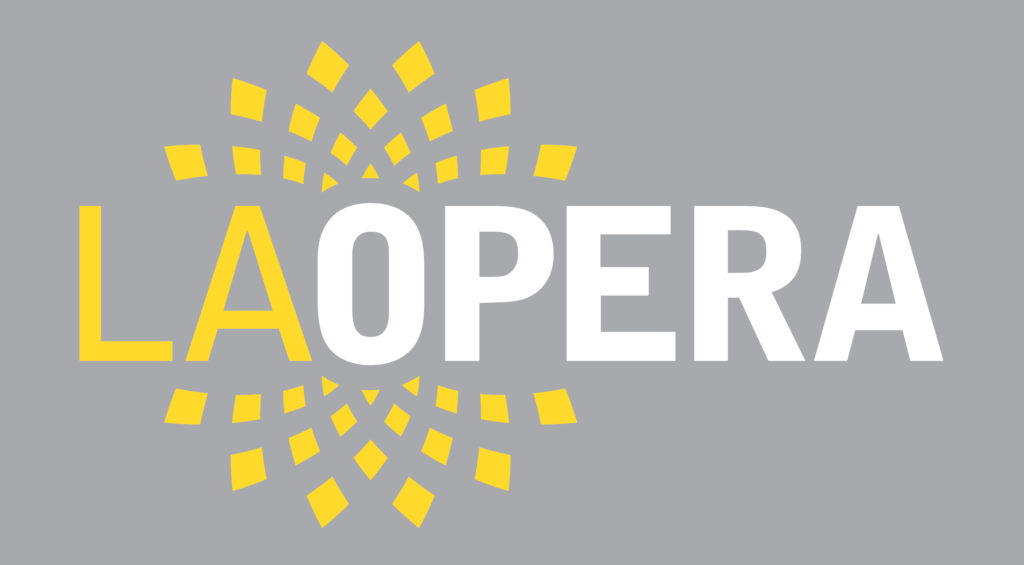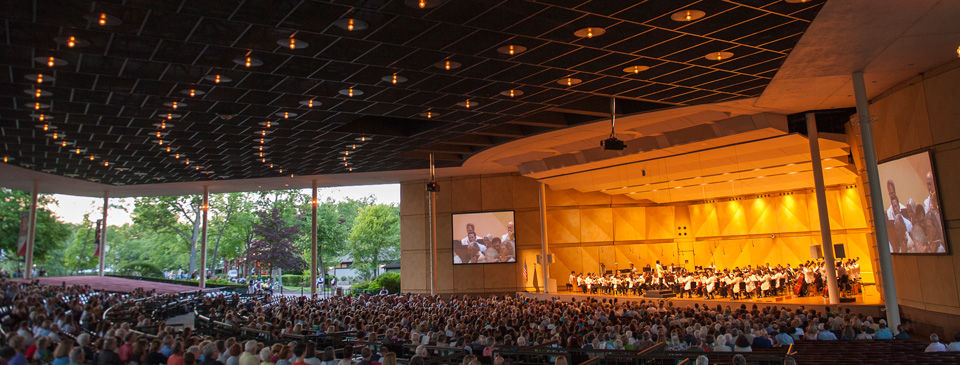This is an English translation. Click here to read the original Italian
Having long been at the Los Angeles Opera, the American conductor will lead the RAI National Symphony Orchestra: Proud of his Italian origin, it was Maria Callas that gave him confidence
by Valerio Cappelli
“I was born and raised in New York in the 50s”—says James Conlon—“from a Catholic family with Irish, German and Italian roots. I was the fourth of five children, from a home with little money. My great-grandfather, Giuseppe di Grazia, was a musician like me and came from Calvello, a small town in Basilicata.”
Having long held a stable assignment with the Los Angeles Opera (where in 2010 he conducted the company’s first complete Wagner Ring Cycle), starting Thursday he will also become principal conductor of the RAI National Symphony Orchestra in Turin, conducting two Fifth Symphonies (Schubert and Mahler), with the concert broadcast live on Rai5.
What are his Italian roots?
“They strengthened when I fell in love with music. Once in a restaurant I did not know how to say knife and I asked for dagger, thinking of Rigoletto: in the language, he has a dagger… They all laughed. I realized it was time to study Italian. As a boy I [read many books at] the New York Public Library. Like many in that city, we were descendants of a large wave of immigration, ours being the 800th selected to Ellis Island. I remember the many street musicians, and remember the tables of relatives. My father spoke of history and politics and had participated in the Normandy landings. He was a civil rights activist and once took me to hear a speech by Martin Luther King, who gave me his hand, and I was impressed.”
And the music.
“In the house there was a piano that no one was playing, I started to take lessons, sang in a choir and I thought that I would become a singer. But at 13 I decided that my future was the podium. In New York it was the era of Bernstein. In 1970, the Juilliard Orchestra was invited to Spoleto. I went with them as an assistant director. The following year in that festival with Boris Godunov, I made my debut in an opera.”
At The Juilliard School he met Maria Callas.
“I attended her master class. I was intimidated; I could not speak to her. She was thorough, professional and encouraged those who deserved it. Years later at the school, my teacher called me James. [Maria] said no, with conducting like yours, you are a maestro. I realized I could do this job. I was lucky to know her, James Levine and the lesser-known Dick Marzollo, who was Toscanini’s assistant and had worked with Mascagni. I had the privilege of working with Strehler and Tito Gobbi. In music I am Italian-American one hundred percent.”
In concert, he gives space to composers persecuted by the Nazis.
“After ‘45 there were omissions, by those who played or taught, and these were part of the legacy of the atrocities committed by the Nazis who silenced two generations of musicians, many of whom were interned in Terezin. Yet their music has survived and reveals the cultural ferment of their time. The cliché that no masterpiece was lost reveals our ignorance. It’s a hole in our knowledge and certainly in Turin I will show them. If Zemlinsky, Schreker and Korngold are known, I might add Ullmann, Haas, Hartmann, and Schulhoff.”
In Los Angeles he usually does a talk before reaching the podium.
“I speak for an hour in the theater foyer. The audience has grown, people want to understand the context in which the music was born and so to overcome the lack of arts education in schools.”

